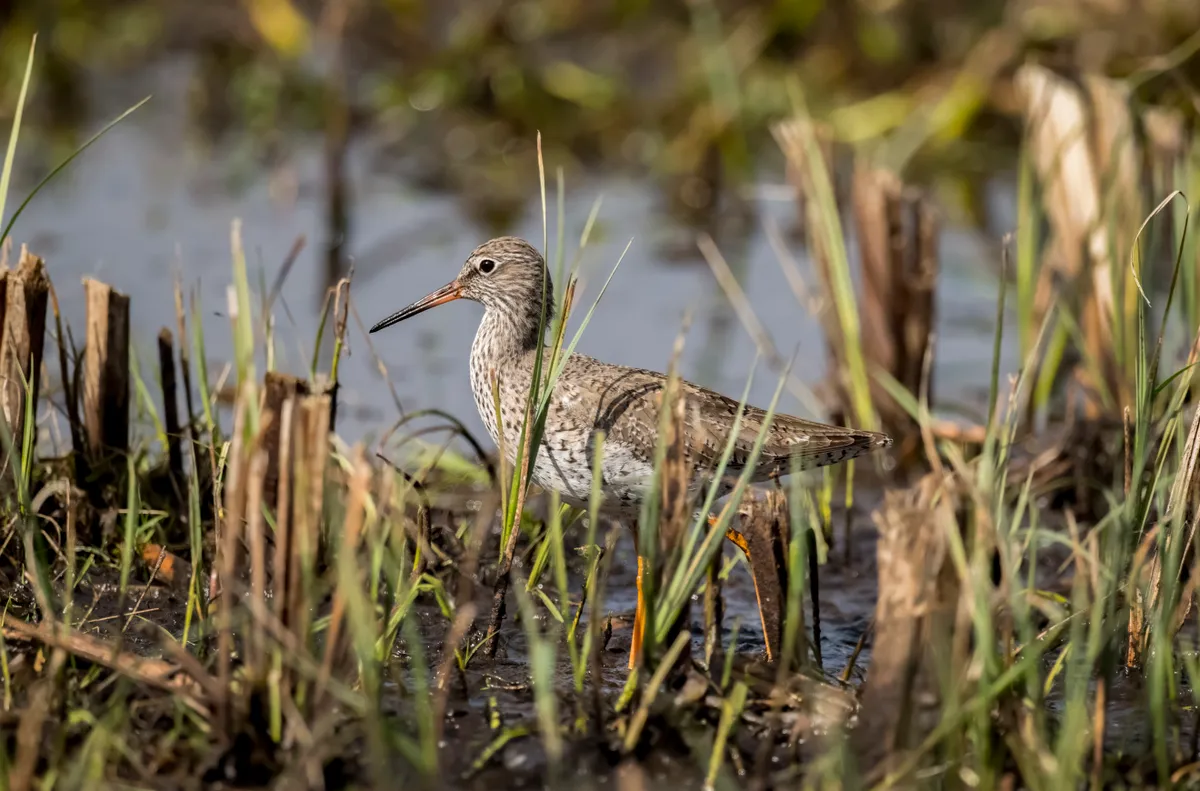Which British birds nest on the ground?
Waders such as lapwings or redshank, seabirds such as terns, and gamebirds such as grey partridges. Waders do it because their chicks, which are flightless for about a month, need to be able to find insects for themselves.
Doesn’t it make them more vulnerable to predation?
Yes, but they have evolved defences against it. Lapwings mob predators in a group, and we know this works because where there are a lot of them nesting, they lose fewer chicks to predation. Redshanks do almost the opposite – they rely on staying hidden.

Does predation have an impact on numbers?
The big declines in wader numbers have been as a result of changes in land management that have reduced the availability and quality of nesting areas. Wader numbers are kept low by poor breeding success, and predation is the main reason for that.
Are there more predators of waders’ nests than there used to be?
We don’t know for sure, but we do know that we have lost larger carnivores such as wolves that would have regulated smaller ones such as foxes and badgers.
Are badgers a major predator of nests?
Our studies found that foxes took 70 per cent of nests and badgers 12 per cent. In some locations, badgers can be a particular problem: at Minsmere, BBC Two’s Springwatch filmed badgers taking the eggs and chicks of waders, terns and gulls.
What can be done to stop predation?
Habitat management to attract high densities of waders is the first step. Fencing can be effective, and since badgers are protected it’s the only means of stopping them. Lethal control is another option and can help to increase breeding success, but it is a skilled job and not easy to do well.